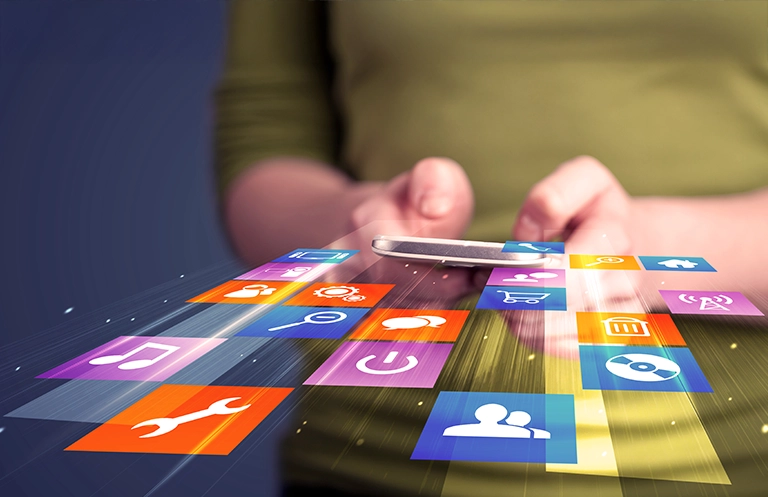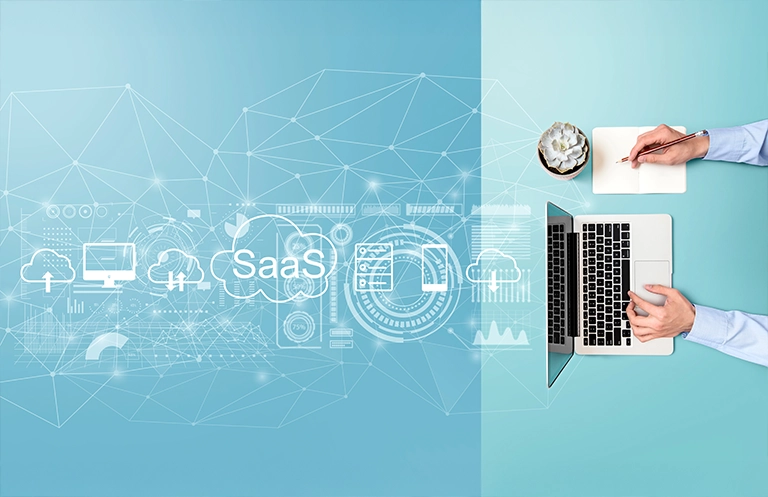If a device is connected to the Internet, chances are it’s probably a cloud-connected device. The Internet of Things (IoT) is a compilation of cloud-connected devices that are all linked to one source. It has changed our lives and the way we use the Internet. For instance, by using cloud-connected devices we are now able to connect our work email account, to our phones, to our cars. We can use these connected devices that work in tandem to access information wherever we are and on any device.
This network of cloud-connected devices should not be taken lightly, however. Cybercriminals are always looking for new ways to access our personal information. Devices connected to the Internet and to each other are potential gateways that cybercriminals can use to access and exploit your data. There are precautions you can take when it comes to keeping your professional and personal information secure while using your own personal IoT.
Do Your Research
Smart devices are by nature very intelligent because of the vast amount of personal data they collect. Every day our connected devices monitor and collect data about us. Internal sensors in smart home devices and appliances such as smart TVs and wearable devices collect data. They collect information such as how many times we open and close the doors in our home, what applications we most likely use at certain times, and how many steps we’ve taken in a day. This is in order to gain insights about the way we do things so that the manufacturers can improve the user experience of the devices we use. However, we don’t always know what types of personal information these devices are storing. Furthermore, we often don’t know what companies have access to this type of information.
While the collection of this data is useful, trouble can occur when your devices, cloud connection, or information, in general, is not protected properly. Before you use a device, be sure to read the company’s security policy. Check that the business providing you the device or service and your cloud company use top of the line cybersecurity. It’s also important to ensure they will not use your personal information for marketing or sell your data to a third party. It is a good idea to read up on the company’s data breach policies as well, so you know what will happen with your information they store in case of a data breach.
RELATED BLOG
Update Device Software Regularly
Software updates are integral to your digital safety. We’re all notified whenever the software on our devices needs to be updated. Unfortunately, a large majority of us either forget or simply neglect to update software whenever an improved system rolls out. This can seem like a harmless offense, but in fact, this can put your information in danger’s way.
Software updates are used to update security flaws, which are also known as software vulnerabilities. Cybercriminals use this weakness in your software to their advantage by using coding and malware to target your information. Downloading software updates is important if a device isn’t connected to a cloud, but it’s even more essential if the device is connected to the Internet. Cybercriminals only need one device to have a flaw in their software to connect to the whole circuit of devices with your information. So keep those notifications on and update your software in a timely fashion.
Use Cybersecurity Software
If all your devices are also connected to the Internet and then connected to each other, there is a higher chance for all of your information to be at risk. By using cybersecurity software on all your devices, you will be sure that your information is secure from malicious attacks.
For example, phishing tactics are one way that cybercriminals try to download malware to your devices. Let’s say someone you are unfamiliar with sends you an email with a link to click on; if you click on the link and malware software is embedded in the code, there could be a chance that a virus will be downloaded to your computer. The cybercriminal then has the ability to access not only the information on the target device , but also every other smart device connected to this network. By using antivirus software instead, you can stop cybercriminals from infiltrating your network.
Antivirus software on a specific device will find any malware on your device and delete it. If it detects any suspicious software on your device, antivirus software will delete viruses on the back end automatically. It also has the ability to prevent any suspicious software from entering your device by deleting it before it has the ability to download. That way you know all your devices and information are protected from any foul play online.
Without cloud-connected devices, chances are we would use the Internet in a completely different way. The IoT is a useful tool for not only personal information, but for professional information as well. Companies and employees who take advantage of these types of systems should be on high alert when it comes to security. By following a few best practices and equipping your devices with the proper software, you’ll be sure to avoid any cybercriminal attacks.
To know more, get in touch with us.













